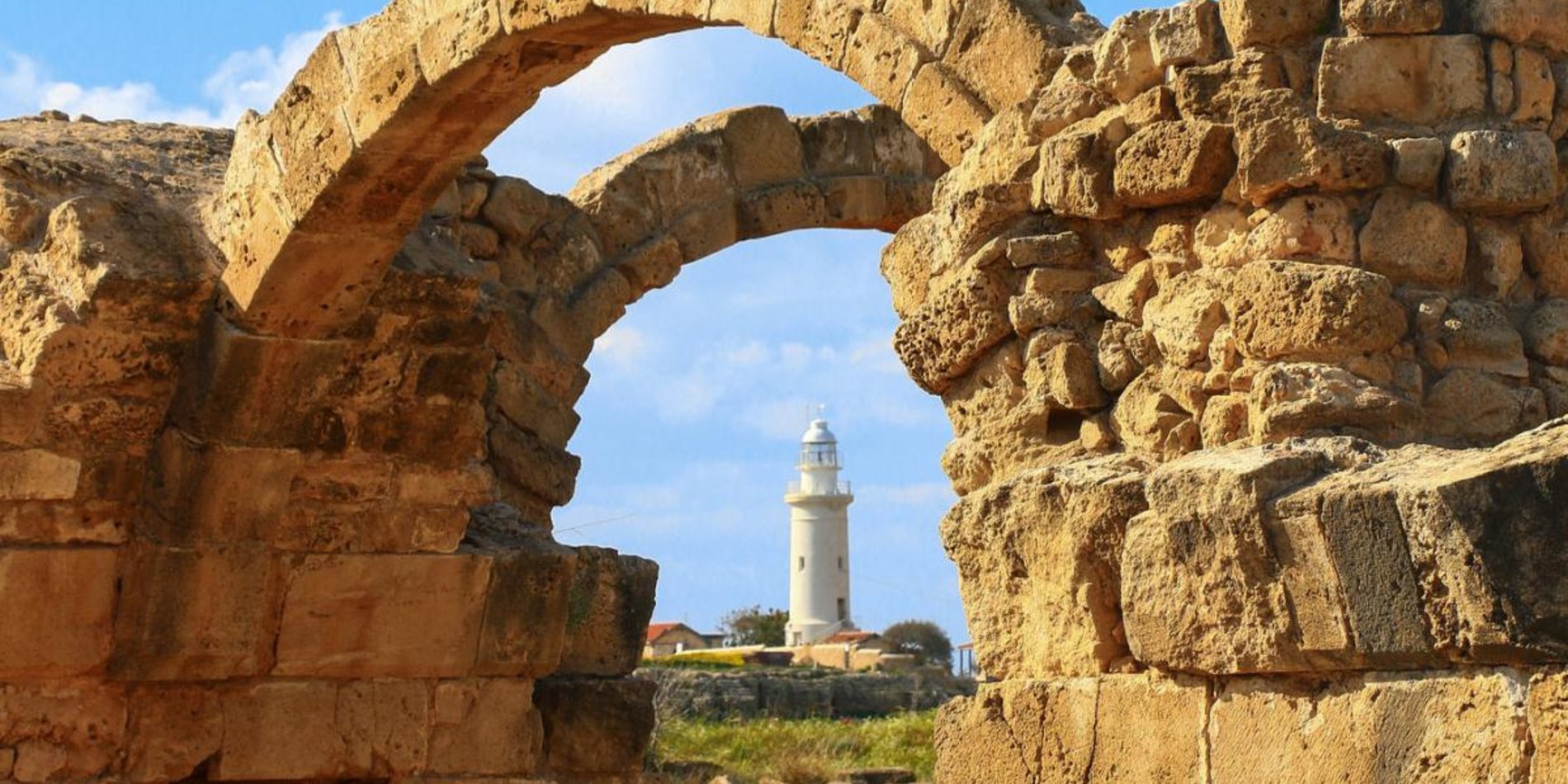This course is expected to experience high student demand. Sophomores and new transfers who decide to rank a high-demand WRITE 2 course when making their three selections for priority enrollment are advised to select other IntroSems being offered the same quarter for their second and third choices.
Course Description
This course is an encounter with eight archaeological sites in Europe. Key resources (plans, photographs, video, and selections from publications) are available online and in Shanks's lab as the basis for exploration of each archaeological site through its excavation, features, finds, and arguments over the site's interpretation and place in the archaeological history of Europe. It is a taster for Stanford's interdepartmental Archaeology Program but is open to anyone simply interested in archaeology.
The eight sites to be studied are Stonehenge, England (stones in a prehistoric landscape); Knossos, Crete (a labyrinthine palace of the Aegean Bronze Age); Dunstanburgh Castle, England (feudal lords, landscape, and the archaeology of medieval England); Housesteads Roman fort, England (a bleak outpost on Hadrian's Wall, at the empire's northern edge); Namforsen, Sweden (islands of prehistoric rock carvings); Gavrinis, France (megaliths, ritual, and ceremony in prehistoric Brittany); Olympia, Greece (sanctuary of Zeus and wonder of the ancient world); and Tel El Amarna, Egypt (city of the heretical pharaoh Akhenaten). These sites will be studied to introduce the latest archaeological and anthropological thought and raise deep questions about our understanding of ancient societies, as well as the way we study and represent them.
This course fulfills the second-level Writing and Rhetoric Requirement (Write-2) and emphasizes oral and multimedia presentation.
Meet the Instructor: Michael Shanks

Michael Shanks is the Omar and Althea Hoskins Professor of Classical Archaeology. His teaching and research focuses on Mediterranean archaeology, the theory and philosophy of design, and heritage and the place of the past in the present. His books include Classical Archaeology: Experiences of the Discipline; Art and the Early Greek City State; Theatre/Archaeology (with Mike Pearson); Experiencing the Past: On the Character of Archaeology; Re-Constructing Archaeology; and Social Theory and Archaeology (the last two coauthored with Chris Tilley).



